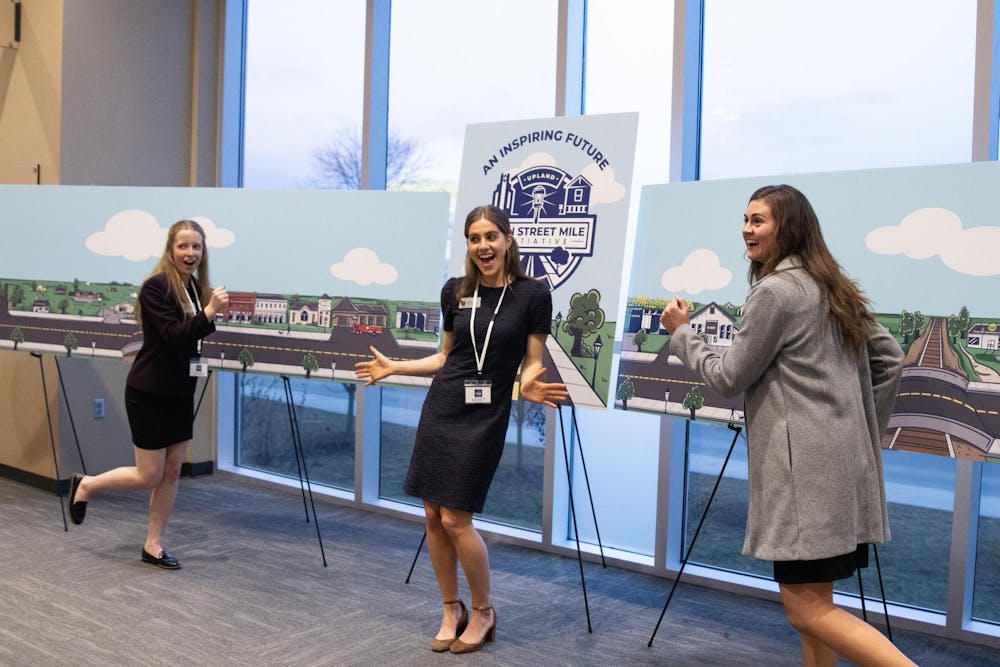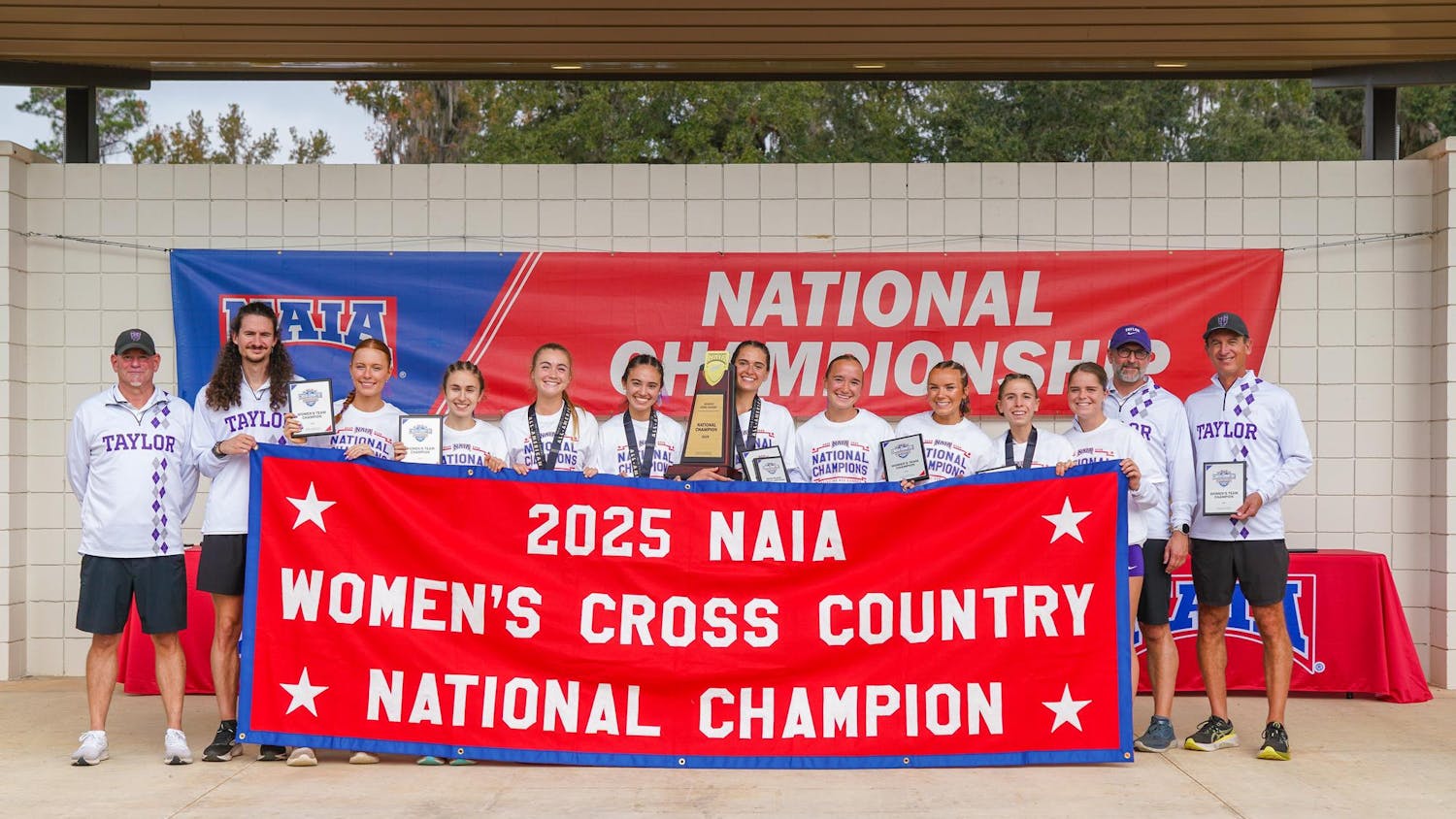In December 2023, Lilly Endowment Inc. awarded Taylor University a $30 million grant — the largest donation in the school’s history.
“The $30 million from Lilly is part of a more than $100 million project that draws additional public and private dollars to the Main Street Mile Initiative,” Will Hagen, vice president for strategy and chief of staff, said. “A significant portion of those funds area already secured and others will come from private investments that will supplement what Lilly is doing.”
Lilly Endowment’s donation will fund the activation of Taylor’s Main Street Mile Initiative, a project dedicated to strengthening and enhancing both the university and surrounding Upland community. The initiative focuses on the development of two nodes — campus and downtown — and the approximately one mile of Main Street that connects the two.
“There’s a concept in real estate called node place theory that talks about if you can develop two nodes of activity, often economic growth naturally happens between those two,” Will Hagen, vice president for strategy and chief of staff, said.
Through extensive economic and community development of these areas, the goal is that both Taylor and Upland will thrive with new opportunities, such as added retail and dining options, residential developments, career opportunities and more.
“If the town isn’t thriving and the campus is, that can actually create barriers between the two,” Stephen Olson, vice president for finance/CFO, said. “If the town is thriving, often the campus is thriving, so we want everybody to win, we want everybody to thrive.”
In spring 2023, Lilly Endowment announced that they were looking to grant Indiana universities up to $25 million for proposals that offered mutual benefits to universities and their surrounding communities. Taylor received a $250,000 planning grant from Lilly Endowment in March which enabled the university to work on an extensive set of projects in preparation for the grant proposal submission.
Hagen explained that the university worked closely with a firm called Marsh Collective to plan and develop the proposal. A key aspect of the proposal development was engaging the local community’s voices.
“We did a lot of listening sessions, we did surveys, and we think, in the end, more than a quarter of our town’s population actually participated in our planning process, which is great,” Hagen said. “We learned a lot about what we thought some of our great strengths were and also some of the real opportunities that our area has that informed our proposal.”
Administration submitted the proposal on Sept. 1, 2023, and heard back from Lilly Endowment in December. It was then that Taylor received the news that Lilly Endowment was granting them $30 million — even greater than the $25 million requested in the proposal.
The grant is a 5-year grant, meaning the university must spend the money within the next five years. The first year will mainly focus on planning for grant utilization and the following years will focus on implementation of that plan.
To aid the process, the university is creating a new job position. The selected candidate will be dedicated to fulfilling the steps outlined in the proposal through community and economic development.
In addition to added retail and dining spaces, the downtown node will include the expansion of the town library and collaboration with entrepreneurs to increase business and commerce opportunities in the city of Upland.
The campus node will create new long-term residential offerings, a hospitality destination, collegiate inn, 55+ residential development, and other campus additions and improvements.
Main Street streetscape improvements, expansion of the Cardinal Greenway trail system and new academic offerings will also be launched.
“(The grant is) not only good financially for the university and our surrounding region,” Hagen said. “It’s not good just in the way it helps us attract talent to Taylor and other employers, but it’s actually a real Christian imperative and part of our mission for the university. The blessing to be able to have the resources to do the things we could only have dreamed of before is really just unbelievable.”





